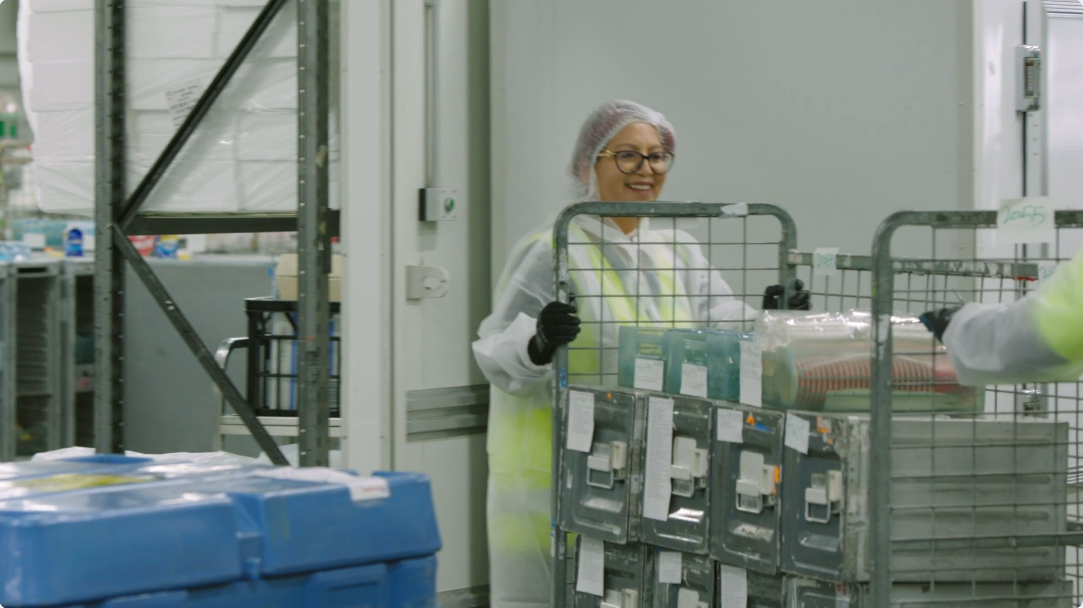Gaps in employment occur regularly and for a lot of people. Yet there is still some complexity when it comes to looking for work after a break. Some employers often question why, if you are up-to-date and whether or not you’re ready to re-enter the workforce.
There are several reasons that you could have taken a break from work:
- To be a primary caretaker
- Made redundant
- Fired
- Travel
- Personal reasons (Health, family, freelancing, starting a business etc.)
Whatever it may be, we will try our best to help coach you through honestly explaining your gap in employment while making a positive impression.
In your resume
Firstly, start your resume with a summary or highlights section. This can showcase who you are professionally and will draw focus onto your skills, achievements and experience rather than any timeframe.
Most importantly, be honest. If there is a clear separation of dates on your resume between jobs, you may want to include your gap as experience. On a resume, it is great to talk about a gap in employment because there is less pressure to be specific. You don’t have to mention why you took time off, although it is acceptable if you want to, for example, if you were a full time mum or dad for a while. Or you could simply title your experience as activities you did during that time, such as volunteer work, freelancing or any courses you underwent. You can also include things you’ve read, networking, business events, and the like which contributed to your growth and staying informed about the industry.
If you would like to insert some personality, you can even add some things you gained whilst not working, such as ‘improved patience levels from raising twins.’
In saying all that, make sure not to let this take up a huge amount of space on your resume and still allow focus to shine on your professional experience and capabilities.
If you don’t want to include your gap as experience (it can be a matter of personal choice) you can use years to indicate time rather than months and years. For example, 2017 – 2018, instead of Oct 2017 – Jun 2018. This can often deter people from realizing there was any time off in between roles at all, especially if you had less than a year off. Or you could simply not draw attention to dates on your resume by using smaller font and avoiding bold text. However, if you want to take this route, you must be prepared to talk about your gap in the interview, as it is never recommended to be dishonest during the hiring process.
In your interview
Interviews can be a little more intimidating because the hiring manager is likely to ask you about your gap specifically. This can be especially daunting if you were fired or made redundant. However, a positive spin can be put on anything. Here are some templated answers for each situation:
You were fired
Take some responsibility and clarify what it was that caused this. E.g. poor performance due to personal issues, personality clash, bad company culture etc. But give more emphasis to your growth, your strength and how excited you are to start adding value.
An example: “I take ownership over the fact that I let my personal life obstruct my work life at the time. This effected my performance. However, I’m no longer dealing with those issues and have learned during that process how to separate the two aspects of my life so not to make the same mistake in the future. I’m ready for new challenges and the opportunity for more career progression so that I can truly add value and purpose to my new workplace.”
You were made redundant
Highlight the reason why you were chosen to be made redundant. Then emphasise your enthusiasm to get back to work.
An example: “Unfortunately the company was making cutbacks. Because I was only there for a short amount of time, I was on the first list to go. I’d like to note, my performance was going well, however I probably didn’t have enough time to make a prominent impact. But I’m more than ready to get back to work and make a difference at a new organisation.”
For other personal matters/parenting/health/etc
This is more private, and you aren’t required to go into detail about health issues or other personal issues if you don’t want to. However it is helpful to highlight what you learned and what you are excited about when it comes to working again.
Example 1: “I took some time off for health reasons. I hope you don’t mind but I would prefer not to discuss details. I discovered my own resilience while I had some time off as well as learning about my limits. But the best thing I’ve learnt is to work smart, I would love to put this lesson into action and make a difference.”
Example 2: “I decided I wanted to raise my kids full time for a few years. I’ve maintained reading and keeping up-to-date with industry news, plus I’ve learnt so many soft skills (you can be specific here if you like) along the way that I think would make me a better worker than I was before. I also have huge personal drive to be successful at work which makes me excited to get back into it.”
It’s important not to get emotional when explaining. Keep it professional. And, as with your resume, focus on other parts of the interview that can help shine light on your strengths and best attributes.
For more resume and interview advice check out our advice hub!













